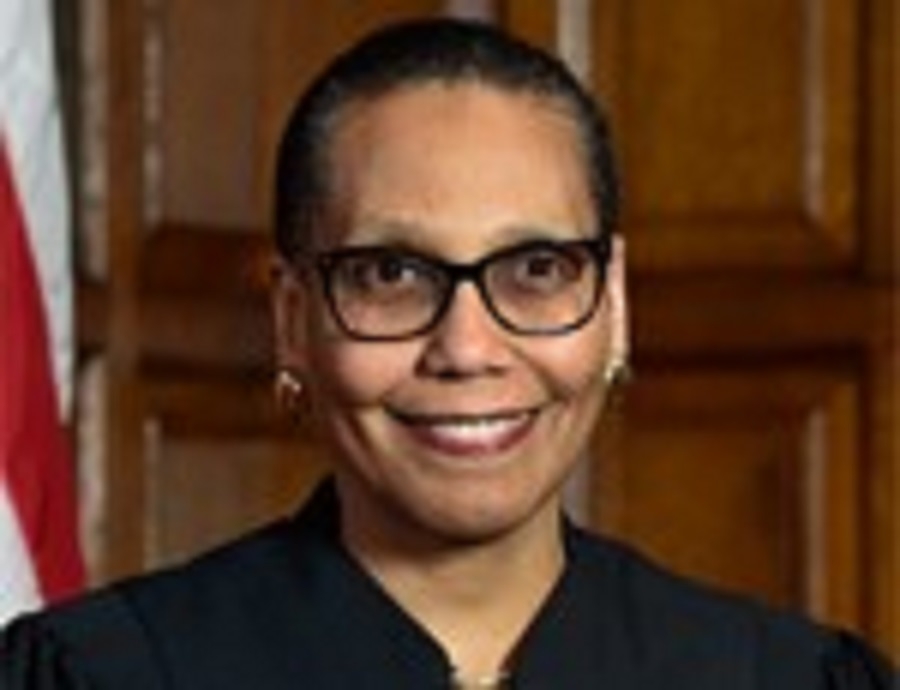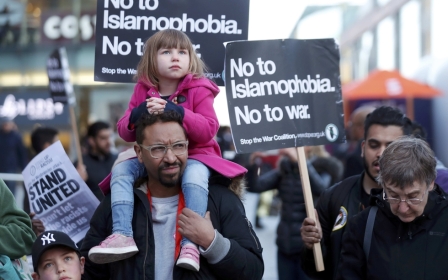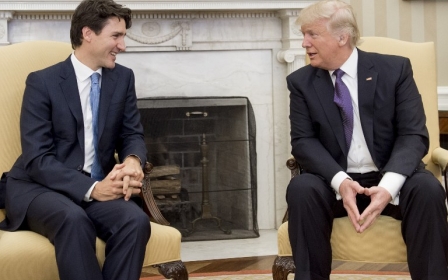America's first woman Muslim judge found dead in Hudson River

The first American Muslim woman judge was found dead in the Hudson River in New York on Wednesday. The body showed no apparent signs of trauma or indication of foul play, US news outlets reported, citing police sources.
Sheila Abdus-Salaam, 65, served on New York’s court of appeals, the state’s highest bench.
Public officials praised Abdus-Salaam, noting her “groundbreaking” achievements.
Andrew Cuomo, who nominated Abdus-Salaam to the appeals court in 2013, called the late judge a “force for good whose legacy will be felt for years to come.
“On behalf of all New Yorkers, I extend my deepest sympathies to her family, loved ones and colleagues during this trying and difficult time,” he said in a statement.
Corporation Counsel Zachary Carter said the judge's death is an "unspeakable tragedy".
"She was a conscientious, thoughtful judge who never lost her humility," he told the NY Daily News.
Abdus-Salaam, a Washington DC native and a graduate of Columbia University School of Law, came from a large working-class African American family, according to the Daily News. Prior to her ascension to the appeals court, she served as a judge in Manhattan Supreme Court for 14 years.
Jonathan Lippman, former chief of the appeals court, said Abdus-Salaam's death is a terrible blow to the court.
"She was a very gentle, lovely lady and judge," he told the New York Post. "If you ask anyone about her, people would say only the most wonderful things. That’s why it makes it even more difficult to understand.”
He described her as a superb judge and human being.
Abdus-Salaam’s body, which was fully clothed, was identified by her husband. The Post reported that her death appeared to be a suicide. Police said they were investigating the incident.
New MEE newsletter: Jerusalem Dispatch
Sign up to get the latest insights and analysis on Israel-Palestine, alongside Turkey Unpacked and other MEE newsletters
Middle East Eye delivers independent and unrivalled coverage and analysis of the Middle East, North Africa and beyond. To learn more about republishing this content and the associated fees, please fill out this form. More about MEE can be found here.




